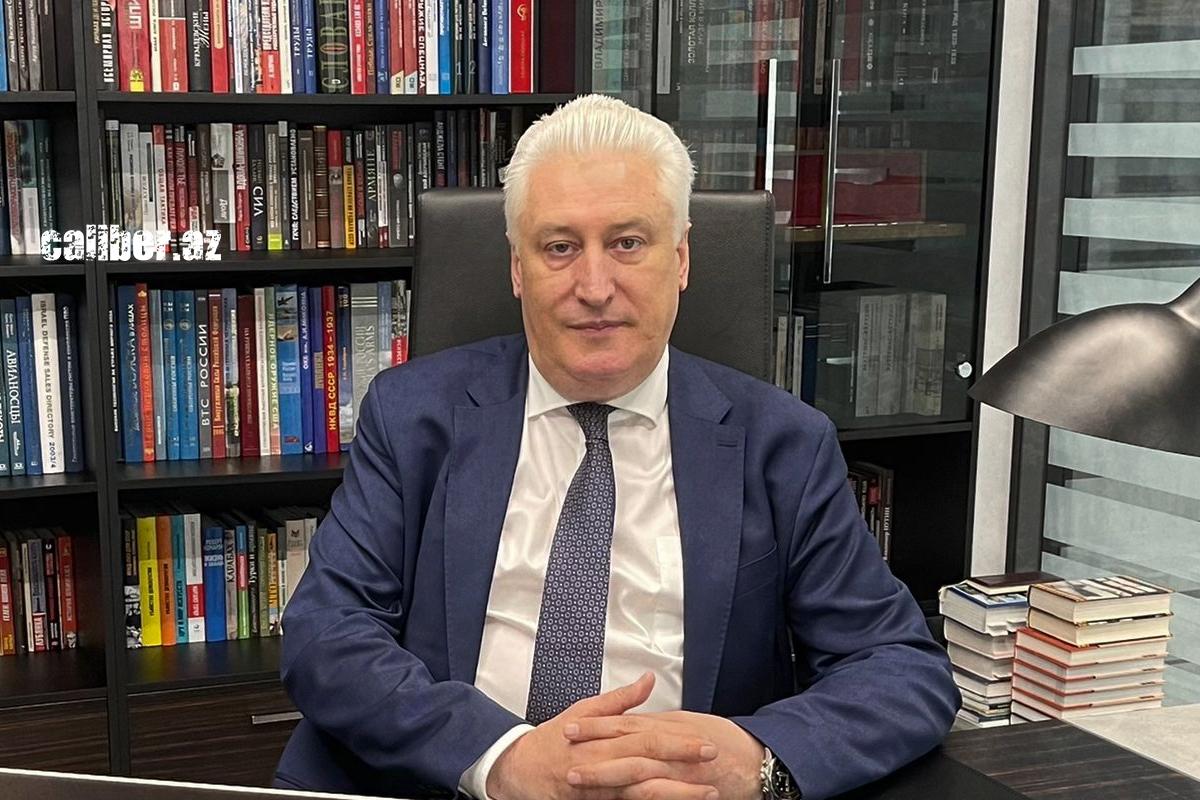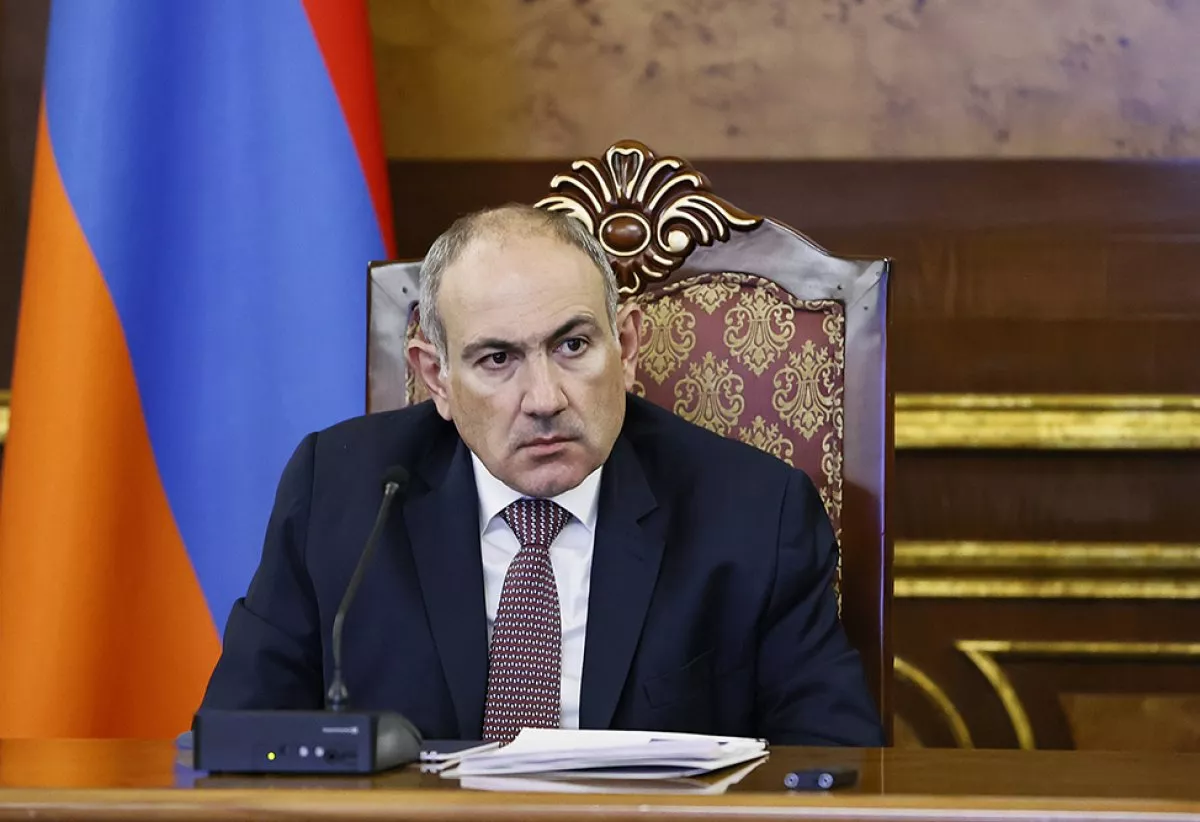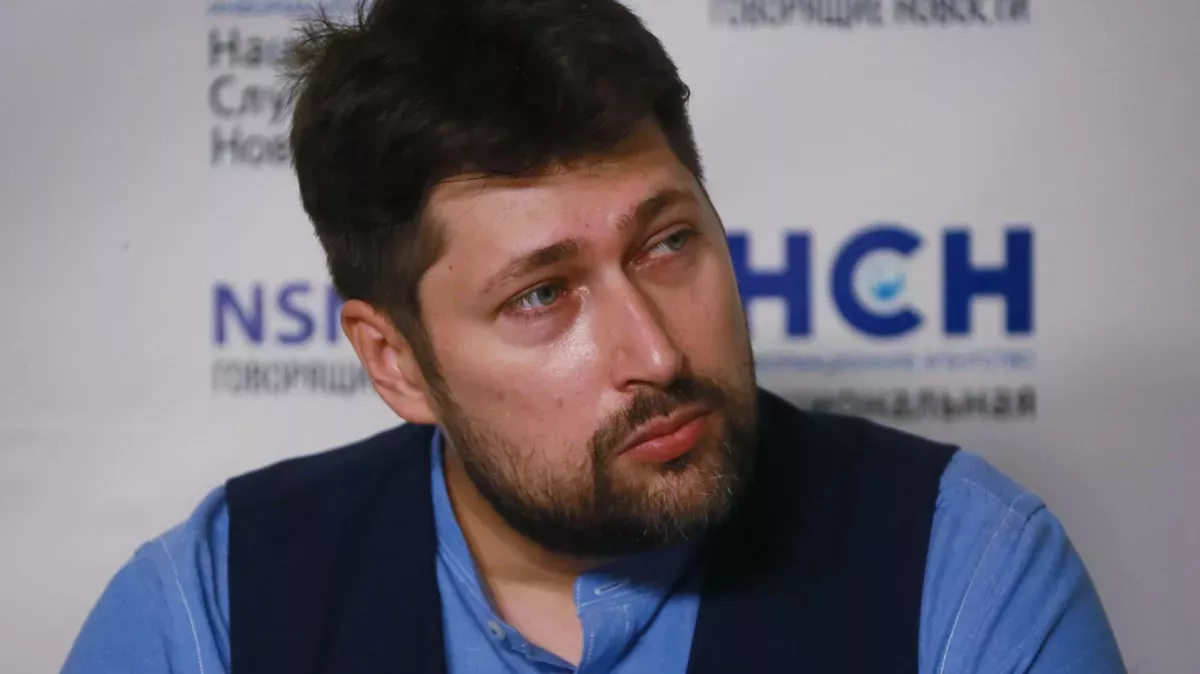Anti-Russian march under shadow of Caesar and Pinaka Experts analyse Armenia’s pivot to Indian and French arms
Military cooperation between Armenia and Russia is rapidly dwindling, with Paris and New Delhi stepping in to fill the void. According to Vedomosti, citing a report by the Russian International Affairs Council (RIAC) titled "Russian-Armenian Cooperation at the Present Stage", Armenia signed defence contracts with India worth over $1.5 billion in 2022–2023. These included purchases of Pinaka multiple launch rocket systems (MLRS), ATAGS artillery, Akash-1S air defence systems, ZADS anti-drone systems, Konkurs anti-tank guided missiles (under Russian licence), as well as mortars and ammunition.
With another key partner — France — contracts totalling $250 million were signed in 2023–2024. These deals included the acquisition of GroundMaster 200 radars, Mistral 3 MANPADS, and Caesar self-propelled howitzers.
According to the Stockholm International Peace Research Institute (SIPRI), Russia’s share in Armenia’s arms imports plummeted from 94% during the period 2011–2020 to just 10% by 2024.
How does Russia view Yerevan’s blatant pivot and growing appetite for Indian and French weaponry? Does Moscow still consider Armenia an ally?

Military expert and Director General of the Caspian Institute for Strategic Studies, Igor Korotchenko, notes that there is nothing surprising about this shift: “Armenia has long taken an anti-Russian stance and is accordingly changing its partners in the field of defence and security. What is unacceptable, however, is that the transition to Western and Indian weaponry is accompanied by a campaign in Armenia to discredit Russia. This is being done solely to find scapegoats for Armenia’s defeat in the Second Karabakh War.”
According to Korotchenko, the Armenian officer corps proved professionally incompetent: “While Baku was rigorously preparing for a modern, high-tech war using drones and other precision-guided weapons, Armenia rested on its laurels and made boastful declarations that in the event of a new war, Armenian tanks would roll into Baku and the country’s borders would stretch to the Caspian Sea. This was all in the spirit of paranoid delusions about a ‘Great Armenia’—a state that never existed, but which schizophrenically influenced the minds of part of the political elite and segments of the public. As a result, the Armenian army was crushed in 44 days and forced to capitulate, with Yerevan signing the Trilateral Statement. A staggering failure.”
Пашинян 
Korotchenko recalled that Nikol Pashinyan had previously tried to blame Russia for Armenia’s defeat: “He claimed that the Russian Iskander missiles were allegedly ineffective and only exploded 10% of the time. Now, amid the shift toward Western and Indian weaponry, Armenia has launched legal proceedings against former military officials, accusing them of procuring substandard Russian arms. At the same time, Russia is being accused of failing to meet its allied obligations—this is all part of a carefully orchestrated political campaign.”
He also emphasised that by distancing itself from cooperation with the Collective Security Treaty Organization (CSTO), Yerevan is placing its bet on developing an air defence system and acquiring offensive capabilities: “The goal is to establish an air defence system capable of shielding Armenia from missile and air strikes, while simultaneously acquiring MLRS and medium-range ballistic missiles for use as tools of military-political blackmail. In particular, this refers to the potential targeting of Azerbaijan’s power grid and oil and gas infrastructure.”
Korotchenko specified: “A contract has been signed with India for the delivery of Pinaka systems, and negotiations are underway to acquire short- and medium-range missiles. Contracts have also been signed with France for short-range air defence systems and radar stations. India is supplying Akash surface-to-air missile systems, while Iran is providing strike-capable UAVs. The plan is to build an air defence system based on NATO standards, integrated with Indian components. A sort of aerospace shield over Armenia.”
He also expressed confidence that Armenia’s rearmament is causing concern within Russian institutions: “Russia’s security and intelligence agencies are closely monitoring Armenia’s rapprochement with the West. For now, due to political considerations, no retaliatory measures are being taken. But these could be introduced at any moment—possibly in the form of economic restrictions or sanctions. It all depends on a political decision from the Kremlin.”

Vasily Koltashov, Director of the New Society Institute, also shared his assessment of the situation. In his view, Moscow is deliberately refraining from escalating tensions for the time being: “Russia is preoccupied with the special military operation in Ukraine and is in no rush to respond to Armenia. However, in trade relations, the Armenian leadership has already received subtle signals that Moscow is displeased with Yerevan’s current course.”
He noted that Yerevan is seeking to close the chapter on its conflict with Azerbaijan and move closer to Türkiye and the West: “Armenia wants to sign an ‘ironclad agreement’ that would permanently settle all claims from Baku. To that end, diplomatic efforts are being made through Western channels. As for Georgia, which could have served as a bridge to the West, it is now at odds with the EU due to the failed coup attempt. In this context, Armenia is in need of a new access point to the European market.”
Koltashov also emphasised that Russia’s public has not failed to notice Armenia’s anti-Russian rhetoric: “People in Russia clearly see the extensive efforts made to turn the Armenian state against Russia. And the propaganda has worked—this is increasingly felt within Russian society.”
He added: “Well, someone had to be blamed for Armenia’s failure to become ‘great.’ Russian boys didn’t come to die for the interests of ‘Great Armenia’ in 2020—so Russia is to blame. Now Moscow is the enemy, and its military base is seen as an occupier. The CSTO is viewed as a useless organisation incapable of delivering Armenian ‘greatness.’ All of this is being watched closely. A strong negative perception of the Armenian leadership has already formed within Russian society.”
In the expert’s opinion, only a change of leadership in Yerevan could alter the situation: “Maybe something will change in Armenia under a new government. But for now—things are as they are.”








